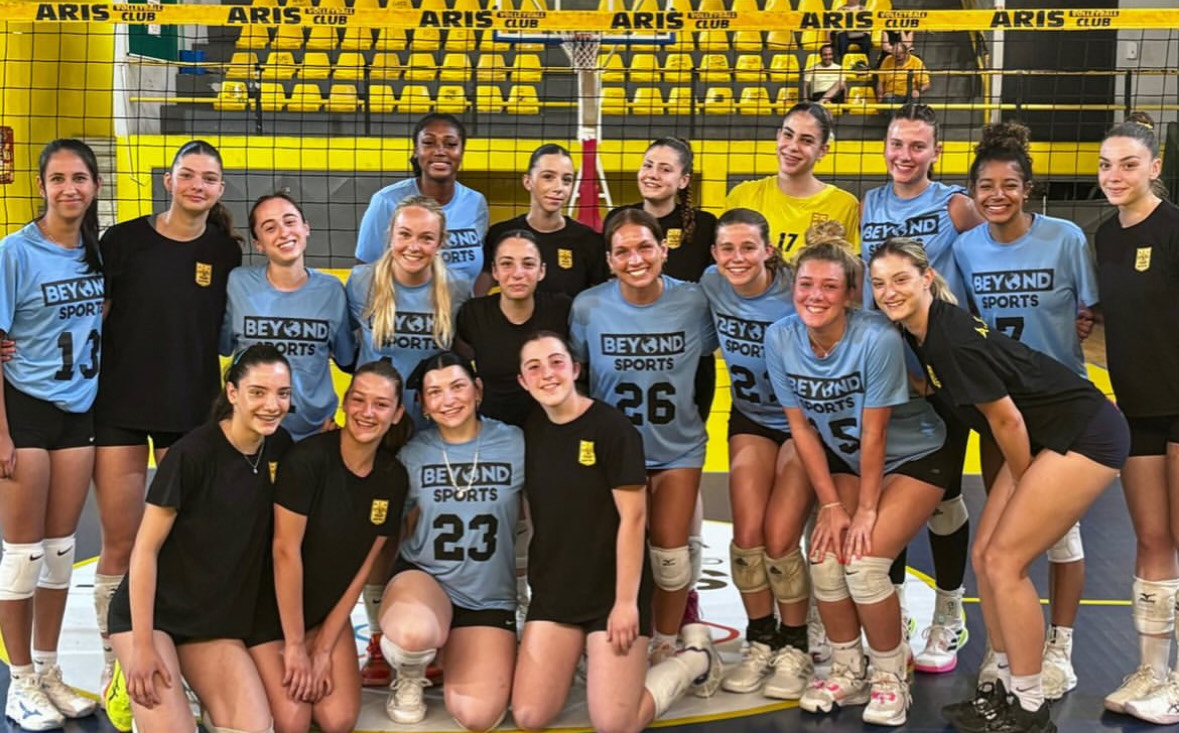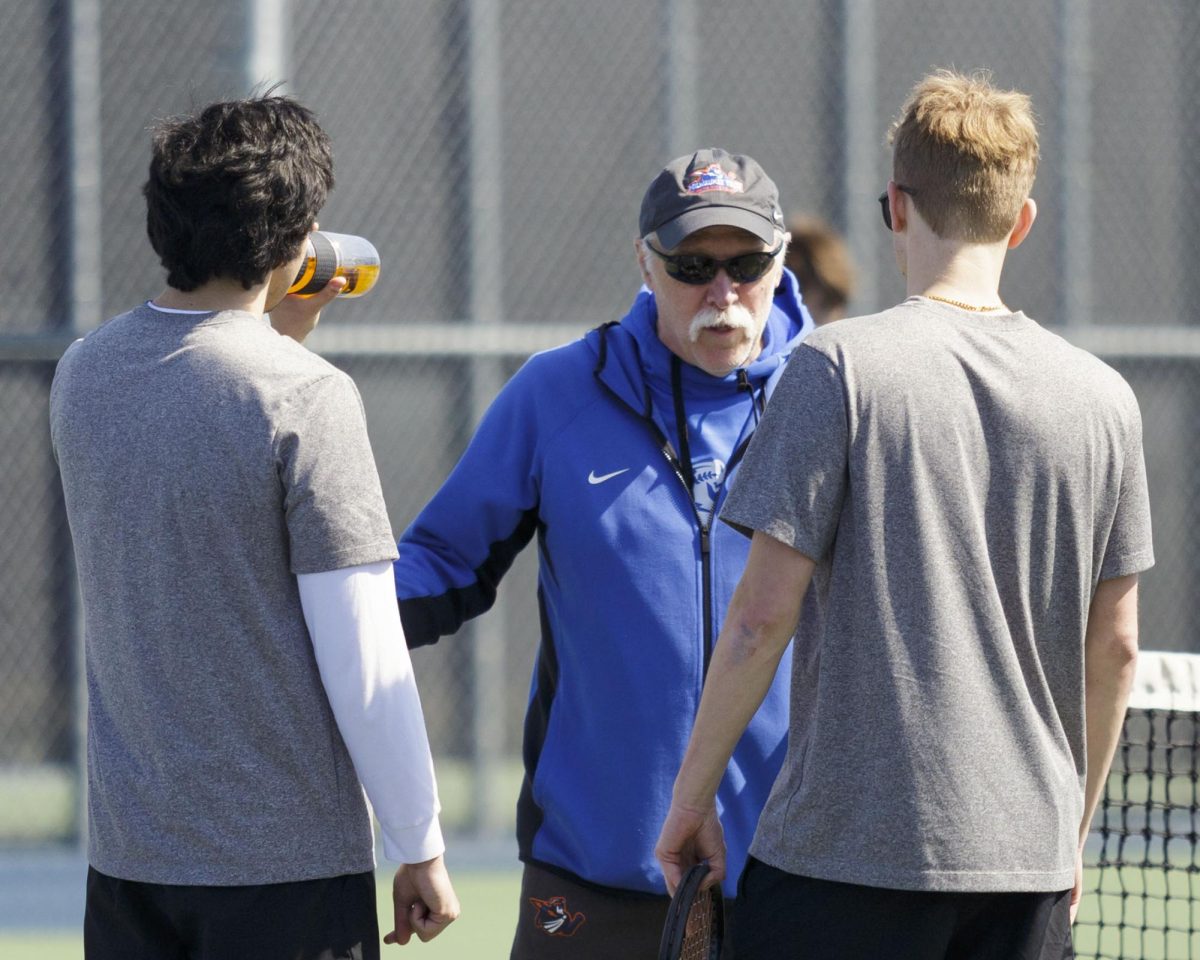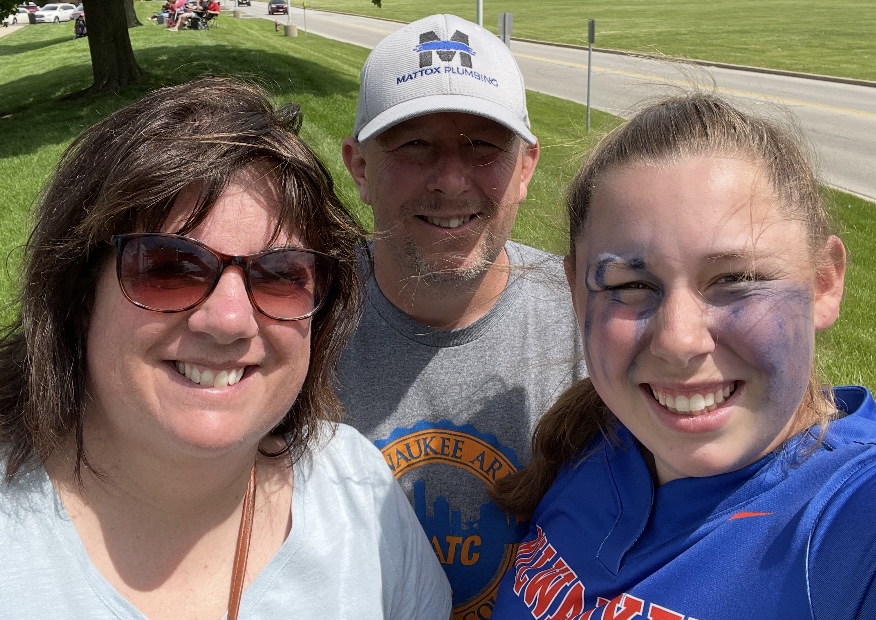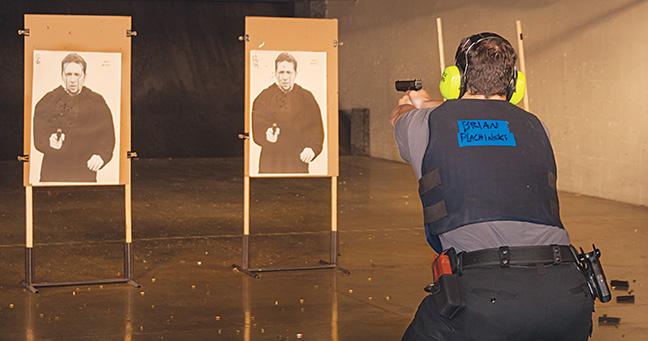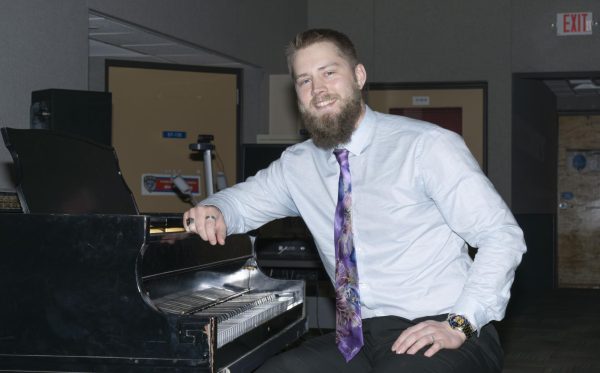From books to badges: Criminal justice program trains for success
Photo by Michelle Ferrell
Criminal Justice/Law Enforcement program student Brian Plachinski takes target practice at the Oak Creek campus firing range.
Ask police officers and they’ll probably tell you that law enforcement isn’t an easy career track. The job can be rough and the hours can be long; and as Lt. Patrick Martin says, “There aren’t often a lot of thank-yous that come with it.” Not just anyone is cut out to be a police officer, and drawing that line of distinction is where MATC’s criminal justice program comes in.
The Criminal Justice/Law Enforcement program offers an associate degree to prepare students for careers in law enforcement all the way up to the federal level.
Lt. Martin, a 30-year veteran of the Greenfield Police Department, also doubles as the training coordinator for the program. As he explains, it provides both re-certification training for current officers who need to complete their annual required 24 hours of training, as well as training for new recruits. But before young hopefuls aiming to take up the badge can enter into any training academy, the state of Wisconsin requires that they earn 60 college-level credits.
The Criminal Justice/Law Enforcement associate degree provides 69 credits. Coursework touches upon various forms of law, communication skills, psychology, writing, and interrogation skills.
Once they’ve graduated, students can continue their education by applying to MATC’s Law Enforcement Basic Training Academy and complete their required 520 hours of recruit training, which includes firearm and combat skill training, defense tactics, crisis intervention and emergency vehicle operation. Alternately, if students choose a different track to jump start their careers, credits earned may also be transferred to a four-year institution. Internships are also a possibility and can provide first-hand experience of day-to-day law enforcement operations and show interns what it takes to be an officer.
That, of course, is an area in which Lt. Martin has extensive experience. “I know it’s probably kind of a cliché, but (you need to) want to help others. There are a lot of sacrifices you have in the job. … You really do need that desire to help in order to succeed.” Russ Spahn, associate dean of protective services and retired Greenfield fire chief, says that he looks for well-rounded candidates; not just people who love the job, but “people who love life.” An ability to prioritize is also a necessary quality, says Spahn, who over his 30 years of experience, has observed that “people who put the important things first have a better chance of surviving and succeeding on the job.”
It’s not a job everybody is cut out to do. Strong people skills, an ability to keep cool under intense pressure, exhibiting leadership in stressful situations, maintaining physical and mental fitness, as well as the continuing education and training that are required of law enforcement officers isn’t appealing to everyone. As the saying goes, it’s a tough job, but somebody’s got to do it. Fortunately for us, the people who do are typically those that truly enjoy the work. “I very much like what I do,” says Lt. Martin. “You get your own satisfaction out of knowing you’ve done a good job.” At the end of the day, he explains, it’s all about knowing that you’ve positively affected somebody’s life.

I look forward to using my position as an Editor for the Times to inspire students to become more aware and active participants in their own education....






